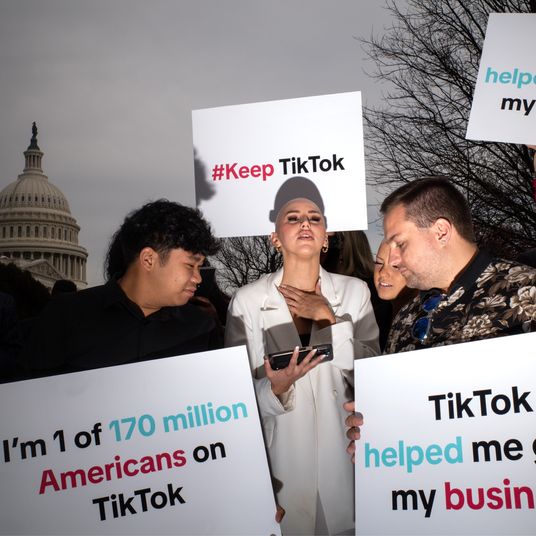
If you’ve tuned into a Mets game on the radio this season, looking for a few minutes of baseball escapism at the end of the day, you’ve been jolted between innings by an ominous bass beat and the even more ominous voice of Norman Seabrook, the president of the corrections officers union. His members, Seabrook says during a 30-second ad, patrol the jails, keeping a lid on “the guy who stabbed your child … who raped your daughter … without us” — dramatic pause — “how safe would you really be?” And now back to Howie Rose.
There’s no question prison guards have a dangerous and important job. But today’s Times details how conditions at Rikers Island have grown increasingly violent, with mentally ill inmates the victims of brutal attacks by officers.
The problems predated Mayor Bill de Blasio, but they are his problems now. De Blasio has hired a reform-minded corrections commissioner, Joseph Ponte; beefed up the budget for mental health programs and additional corrections officers; and vowed to revamp the training of rookie guards. “It’s a start in the right direction,” says Elizabeth Crowley, a Queens city councilwoman who prodded City Hall to add $32.5 million to address prison issues. “But it’s hard to know where the administration is going to end up, because they have a task force studying the situation.”
Liz Glazer, who heads de Blasio’s office of criminal justice and is a co-chairwoman of the task force, says changes are already under way, including more units that will separate roughly 400 mentally ill prisoners from the general jail population. “These problems are a major priority,” Glazer says, “and they are not about Rikers alone.”
Seabrook, who represents about 9,000 corrections officers, has sounded skeptical, to say the least. “A correction officer or an inmate will die at the hands of an inmate in the Department of Correction really soon,” he declared in April. “And it’s going to be on the steps of City Hall that I deliver that body.”
Over-the-top rhetoric is not unusual from labor leaders, and the most charitable interpretation is that Seabrook’s bluster is a cry for help for his officers. “Norman is not inciting them to beat the hell out of inmates, and I don’t think he wants that perception out there,” one city Democrat who has dealt with Seabrook says. And it’s true that too many guards are the victims of attacks; even more lack the training to cope with inmates who would be better served by psychiatric hospitals.
Yet Seabrook’s 9,000-member union has often acted in synch with his tough-guy posture. Last November, the city courts were snarled when mysterious mechanical troubles prevented jail buses from delivering inmates; the slowdown just happened to delay scheduled testimony by a prisoner who’d accused two guards of beating him. In March, both officers were acquitted of all charges.
The mayor, in dealing with the city’s unions, has made forging consensus a priority. With the jails and Seabrook, de Blasio’s cooperative style is in for its stiffest test yet.





























